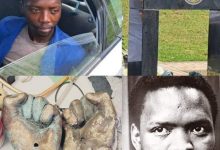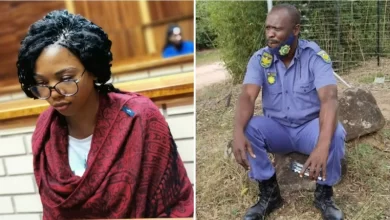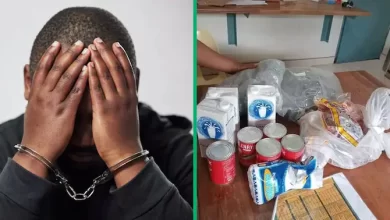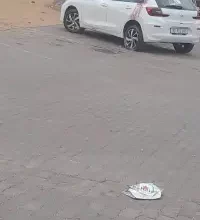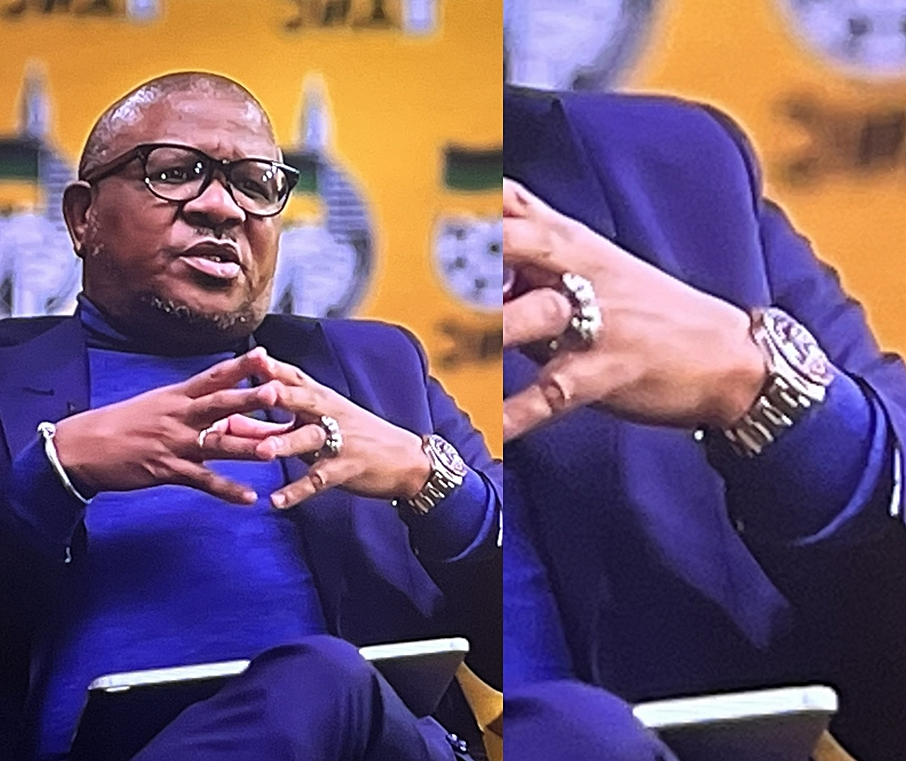11 Years After Marikana Massacre, Still No Justice
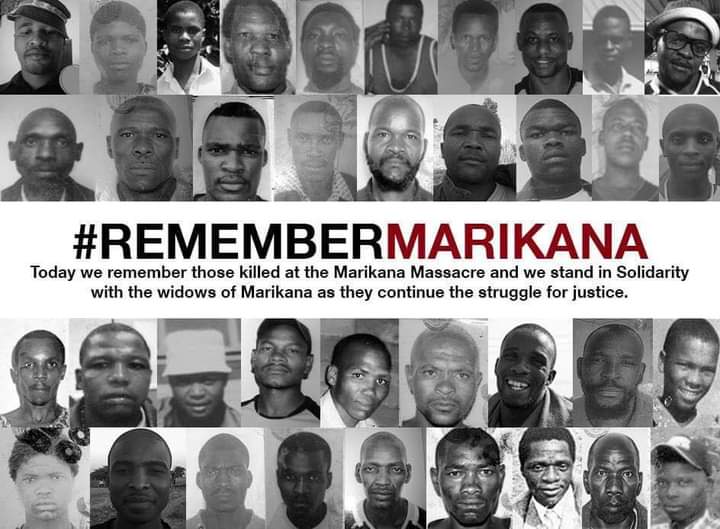
Over ten years after police in Marikana, South Africa, fatally shot 34 striking miners, the majority of the victims and their relatives say that no one has been held accountable or given any compensation.
South Africans have taken to social media to express their dismay at the lack of justice and accountability over the bloody incident that has left many depressed.
The pertinent question being asked is why there hasn’t been anyone held accountable.
Mzoxolo Magidiwane was one of the hundreds of miners who in 2012 camped for weeks outside the Lonmin platinum mine to demand better wages. It’s hard for him to come back to the ground in Marikana, South Africa, where his life changed forever.
He still vividly remembers how police officers shot his loins, hip, stomach, and genitals while suppressing the strike.
“It’s very bad for me because I saw death. It was coming to me. The pain that I felt is the same as if the earth was going to be covered in darkness. I saw someone get shot right in the head. I couldn’t breathe. It’s something I will never forget,” he told DW.
With several bullets in his body, Magidiwane was forced to spend months in an intensive care unit. He survived but remains angry at not receiving monetary compensation.
Marikana is in an area rich in platinum. Workers at the mine began a strike there in August 2012 complaining of poor remuneration.
Following a disagreement between two competing unions, deadly clashes broke out between them. Days after two police officers were killed in the violence, state forces responded to a protest with deadly force, all in front of rolling cameras.
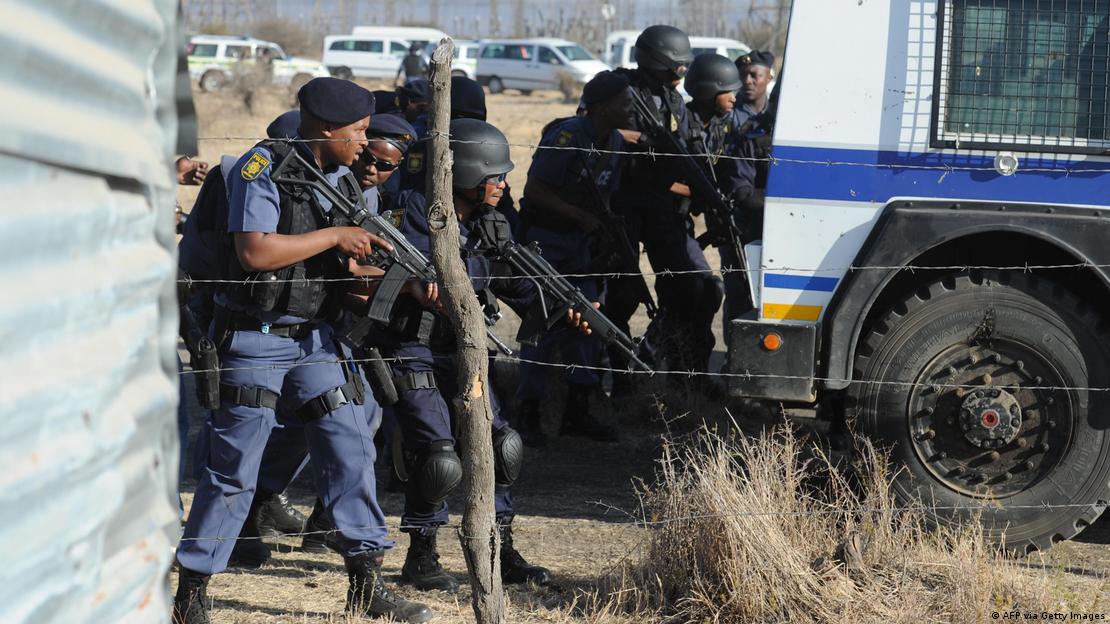
Police fired hundreds of bullets, killing 34 mine employees. Noluthando Tukuza’s husband, Mpangeli Tukuza, a driver at the mine, was among those killed.
He left her pregnant, with four other children to look after. The mine, which has since been bought by another mining firm, Sibanye-Stillwater, has taken over the schooling of her children, given her a job as a general cleaner, and allowed her to stay at a mine-owned house.
Very little compensation
But she said the compensation was too little to make an impact. “Even though [the] mine gave me work as a general cleaner, the money is too little,” she told DW.
Tukuza’s 14-year-old daughter, Aluncedo, is still bitter. She expressed the desire to confront the government to find out why no one has been imprisoned for her father’s death.
Marikana massacre victims still seeking answers
In 2022 the same questions were being asked.
“It’s the tenth year now and no arrests, no justice. All the evidence is there. I fail to understand why and how there are no arrests till this time because everything is there,” she told DW.
It was not only mine workers that died 10 years ago. The violence that occurred before the shooting of the 34 miners had resulted in 10 further deaths, including other miners, security guards and two police officers.
Aisha Fundi was married to Hassan Fundi, a security officer at the mine. She told DW her husband, who was on duty during the violent strike, was cut down by the striking miners and his body mutilated.
He had been attempting to stop the striking miners from entering the mine premises.
Aisha is grateful that the mine bought a house for her and her children, but said they were shattered by the loss of their father and still cannot cope with the grief.

